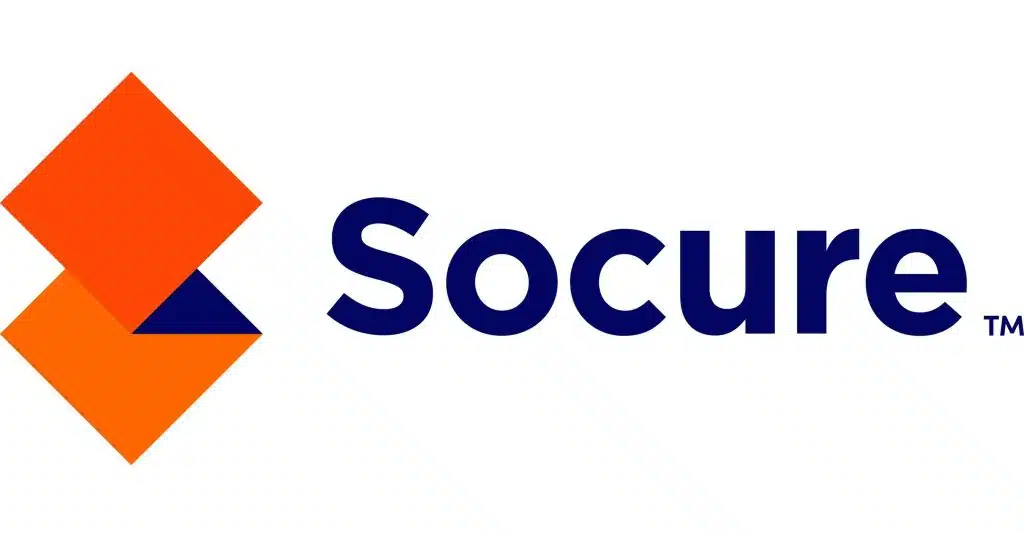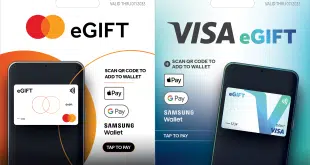E-commerce fraud prevention specialist Riskified has launched Adaptive Checkout, an app created to drive higher conversion rates by reducing false positives.
The app leverages artificial intelligence to analyze each transaction based on its risk profile and the shopper’s purchase history. For example, a merchant’s best customers can be sent straight to checkout, while risky but legitimate orders can be approved via one-time password, SMS verification, or routing to the 3-D Secure protocol for online payments.
Riskified developed Adaptive Checkout based on merchant demand. False positives are a problem for merchants, as they not only cost a legitimate sale, but also in many cases sour customers on attempting a repeat purchase. One in three consumers won’t return to a merchant after having a transaction falsely declined, according to Riskified.

In addition to reducing false positives, Adaptive Checkout screens out blatant fraud before a request for authorization is sent to the card issuer. The app also sends enriched order data to issuers, enabling them to identify and approve legitimate transactions more easily, Riskified says.
TickPick, an online marketplace that allows consumers to buy and sell tickets for events such as concerts, sports, and theater admission, processed $3 million in incremental revenue that otherwise would have been declined due to fraud risk after implementing Adaptive Checkout, according to Riskified.
“As fraudsters grow more sophisticated, e-commerce merchants face the risk of losing legitimate customers through false declines, which can directly impact their revenue,” Riskified chief executive Eido Gal says in a statement. “By leveraging AI to assess risk and adapt the checkout experience in real-time, merchants are better able to balance fraud prevention with the need to approve as many legitimate transactions as possible.”
In related news, Socure, a provider of digital identity verification solution, launched its Identity Manipulation Risk Score Thursday. The risk score is designed to stop repeat first-party fraud.

First-party fraud, which occurs when a consumer exploits a merchant’s return and refund policies for financial gain, costs merchants $100 billion annually, according to a report by Socure. In addition, 35% of shoppers in the United States admit to committing first-party fraud by using their own identity to commit a dishonest act for financial gain, the company adds. Even more troubling is that 49% of respondents who committed first-party fraud in 2024 say they did so because they got away with it in 2023.
First-party fraud is a particularly nettlesome problem for merchants during the holiday shopping season, according to Socure.
Socure’s Identity Manipulation Risk Score uses proprietary AI models and data from the First-Party Fraud Consortium, which Socure helped form last year. Merchants can use the risk score to quantify identity-manipulation risk when opening an account, as well as for transactions and disputes.
The risk score also provides real-time risk monitoring, delivering instant alerts when an identity’s risk profile changes.





